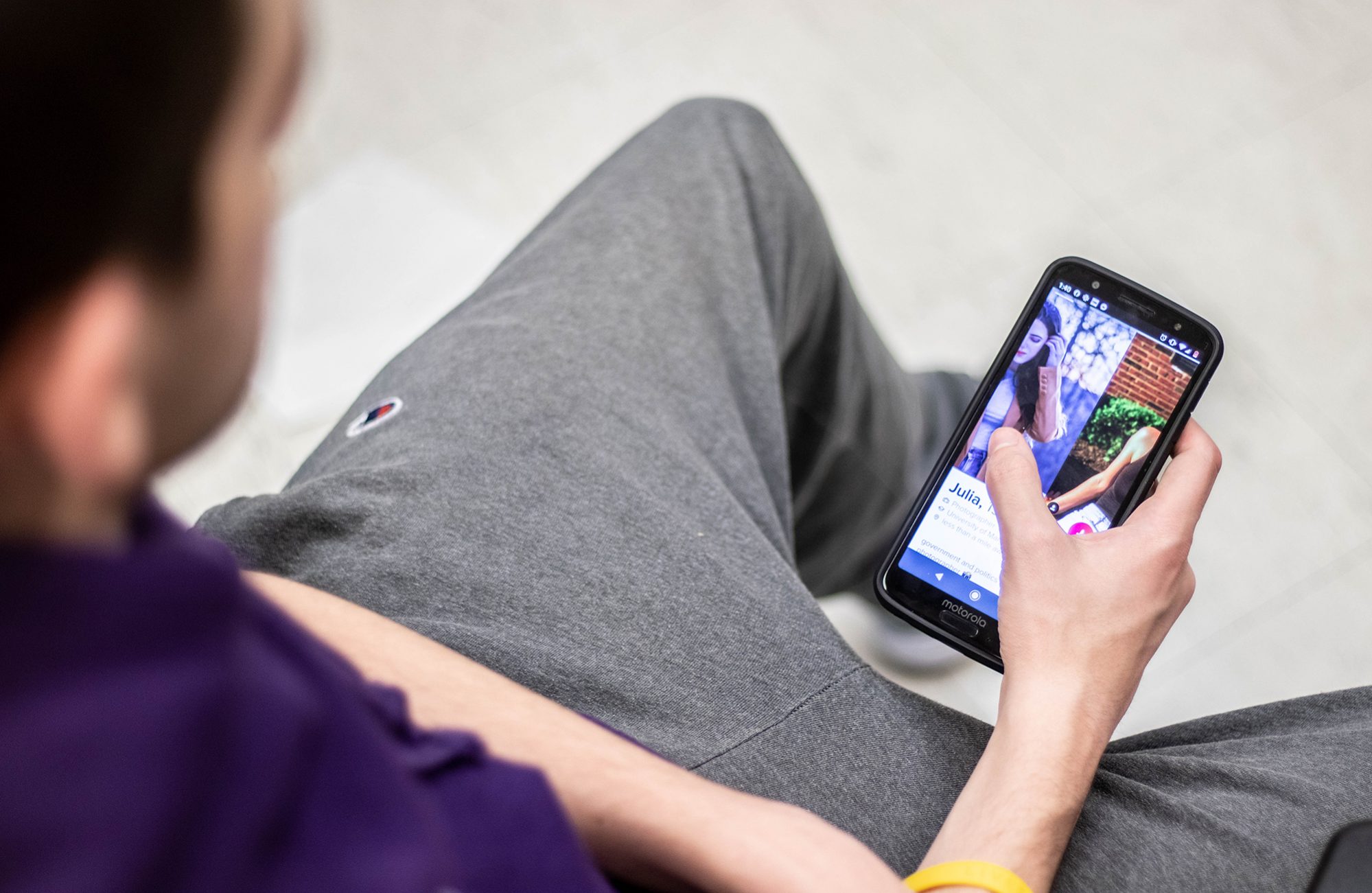Views expressed in opinion columns are the author’s own.
Hello everyone, and thanks for visiting my column today. My name is Allison, I’m a junior at the University of Maryland and I have a clinical anxiety disorder. My hobbies include having daily existential crises, striving to achieve absurd standards of perfection and overanalyzing every interaction I’ve ever had with another person.
As if my anxiety couldn’t get any worse, the threat of the coronavirus has hit me with a tidal wave of uncertainty and fear. And thanks to this pandemic, the sense of anxiety that normally saturates my existence is now a commonplace component of everyone’s daily life. It’s a weird feeling to watch your irrational fears manifest into everyone else’s reality.
That being said, the social distancing policy implemented in Maryland poses unique challenges for people who have certain mental illnesses. While staying home is the most important thing we can do as a community right now, isolation can be detrimental for those of us who rely on external support systems. It’s important to recognize the impact of social distancing on people with anxiety disorders and promote healthy methods of coping, all while staying home to the best of our abilities. While the following points can apply to multiple mental health conditions, I’d like to focus on anxiety disorders in order to speak to my own experiences.
One challenge that arises with quarantine is increased difficulty in managing anxious behaviors. For example, individuals with anxiety often find ways to avoid things that make them feel nervous or uncomfortable. This process, known as avoidance, is proven to be detrimental to improving anxiety in the long-term. To reverse this cycle, it actually helps to slowly expose oneself to the root of the anxiety. During a quarantine, however, this can become nearly impossible.
Another challenge that results from quarantine is the disruption of one’s support system. When living with a mental illness, it’s useful to have friends, family, health care providers and others who can offer their support. But many of us have been separated from our social networks during quarantine. Some students are still stuck on the university’s campus, miles away from their out-of-state families and their friends who’ve already gone home. This represents the loss of people who can provide both emotional support and help with obtaining groceries, medication and other necessities.
Thankfully, there are things we can do to lessen the anxiety caused by the coronavirus and social distancing. They aren’t cures, but they can help mediate some of the mental discomfort associated with quarantine. If we collectively prioritize mental health at a time like this, then it will be easier to live with anxiety disorders.
First, technology has allowed us to stay connected through this pandemic. For people who feel isolated from friends and family, there are many new and creative ways of staying in contact with others. For instance, I recently watched an online series with my friends using the Netflix Party extension on Google Chrome. This provided me with some extra support and comfort even though I was physically alone.
Something else that has helped me cope with social distancing is simply having a routine. Following a schedule has forced me to focus on the things I can control, such as studying, eating and exercising, rather than the things that make me anxious. It has even made it easier to relax — something I normally struggle with — by allocating a specific time for relaxation into my daily activities. The Centers for Disease Control and Prevention also suggests some other tips for dealing with mental health issues right now, such as taking care of your body and taking breaks from reading the news.
I’m not trying to garner sympathy or invalidate the sense of anxiety that everyone is feeling right now. But individuals with mental health disorders experience these threats differently, and thus may require different accommodations than others. We’re all still learning how to adjust to life during a pandemic. If there’s one thing I hope we can learn from this whole experience, it’s the importance of maintaining solidarity with others, regardless of whether they have a mental illness.
Allison Cochrane is a junior biology major. She can be reached at allisonc@umd.edu.



